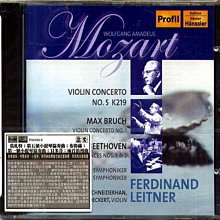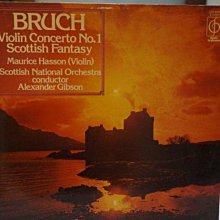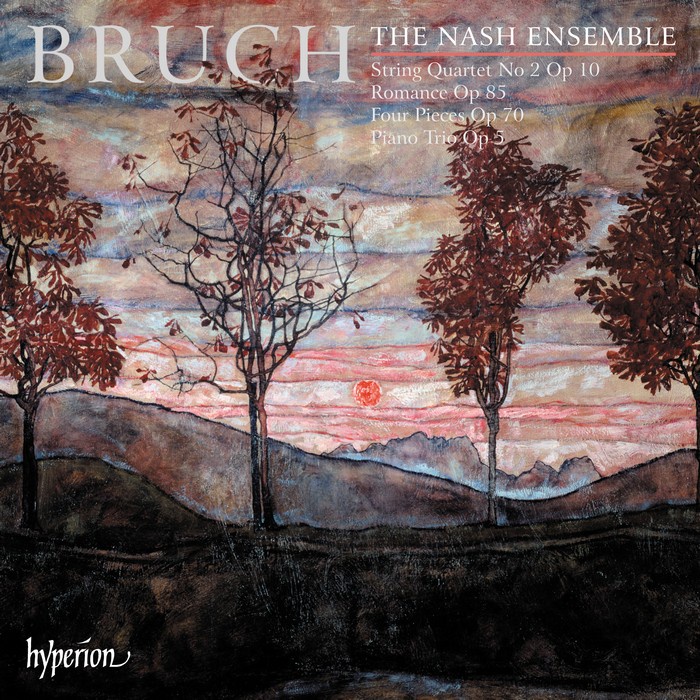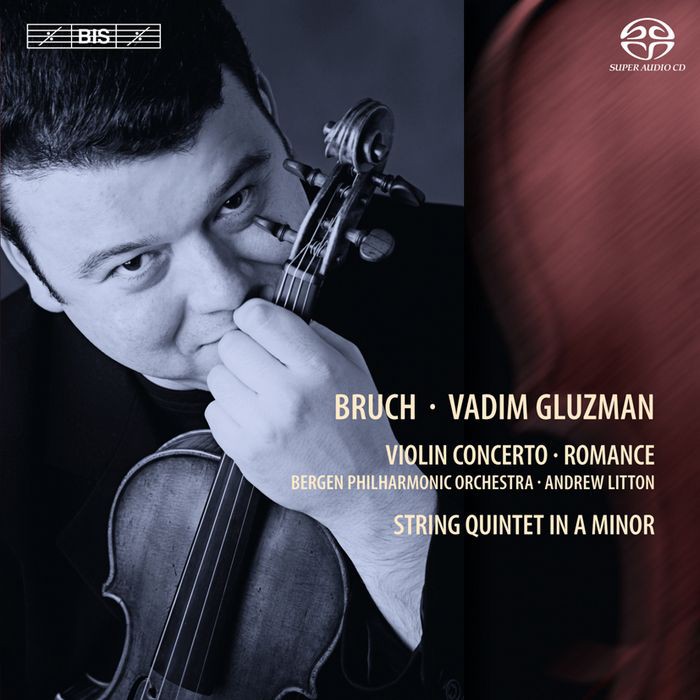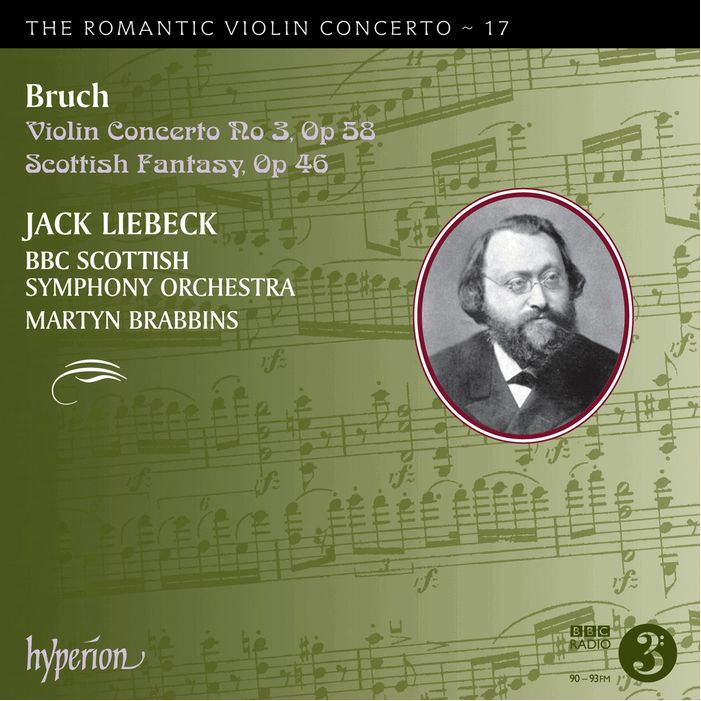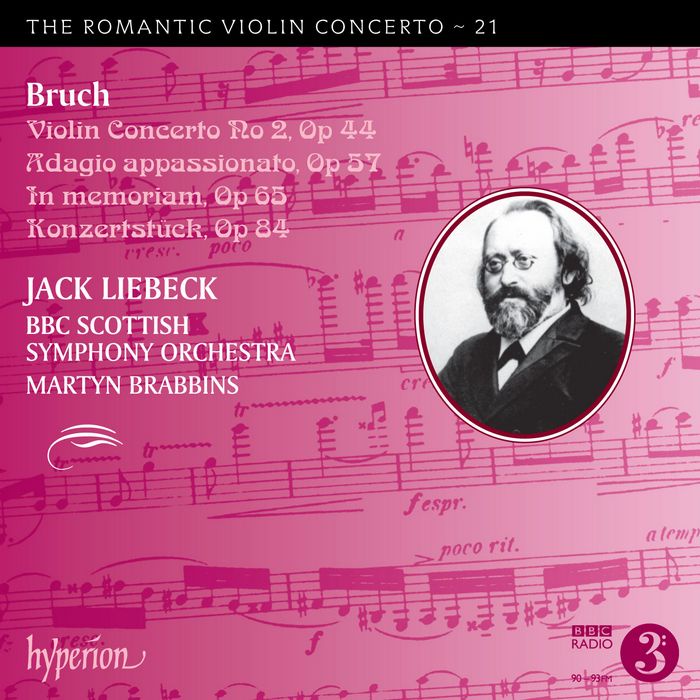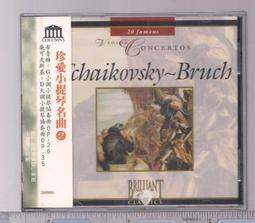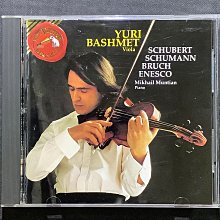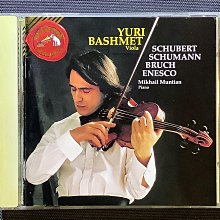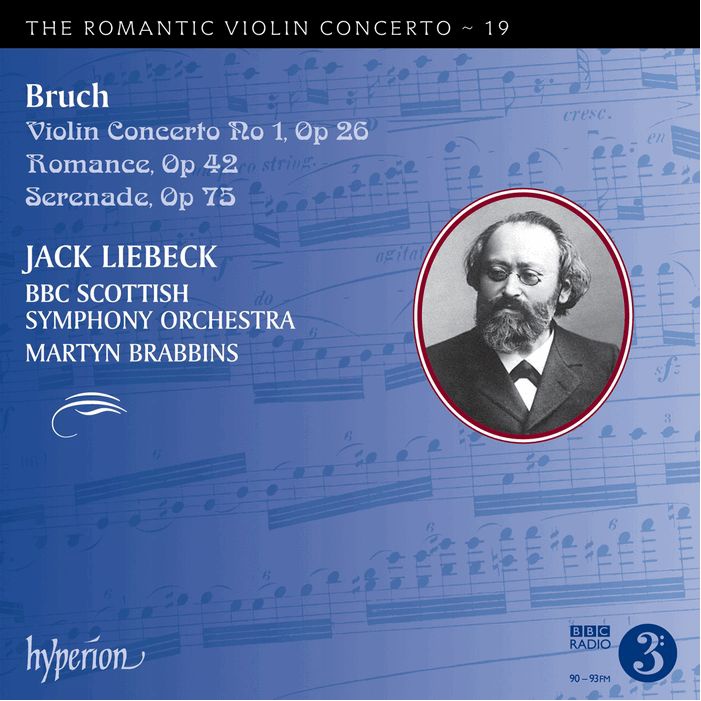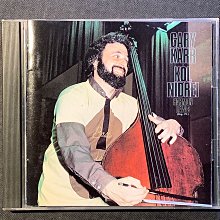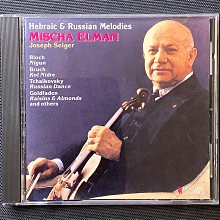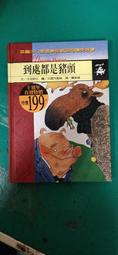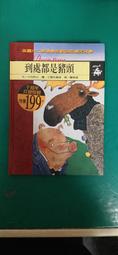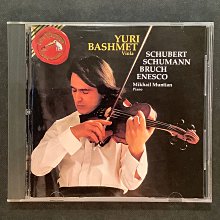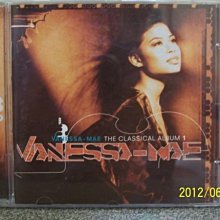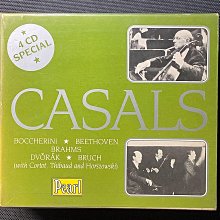
taiwanren.cc - 最全的電商商品價格比較,價格查詢,歷史價格查詢站點
布魯赫 第一號弦樂四重奏 g小調鋼琴五重奏 郭德納弦樂四重奏 Bruch Quintet CDA68120 歷史價格(單位:新台幣)
描述
專輯類型: 1CD 發行年份: 2016 國際條碼: 0034571281209 音樂廠牌: hyperion 布魯赫:第一號弦樂四重奏/瑞典舞曲/g小調鋼琴五重奏 皮爾斯.藍 鋼琴 郭德納弦樂四重奏 For a man of his background in the German late Romantic era, Max Bruch wrote little chamber music, with much of what he did write coming at the very beginning or the very end of his career. His first work of any substance was a septet, composed when he was eleven. It is a great pity that he left us only two string quartets, one of which—the C minor quartet recorded here—was a student work from 1856 and the other was written only four years later. These quartets are ingratiating and melodious but one feels that Brahms—who claimed to have spent his time doffing his hat to old friends while listening to Bruch's famous G minor Violin Concerto—would have been bareheaded throughout both of them. Bruch was a Rhinelander, born in Cologne on 6 January 1838. His father, trained as a lawyer, had become the city's chief of police. His mother, from a well-known musical Lower Rhine family, was a distinguished singer who lost her voice quite early and thereafter gave singing lessons. There was other music in the home, as his mother was the centre of a group who met regularly to run through four-part choruses, folk songs and operatic ensembles by Mozart, Beethoven, Cherubini, Weber and so on. Max and his sister Mathilde had their first piano lessons from their mother, and Mathilde, who lived with Bruch at various stages of his peripatetic life, was later on friendly terms with many of the great composers of the era. At first Max showed talent as a painter but from the age of nine music began to absorb him. He learnt theory with Professor Heinrich Breidenstein in Bonn and in 1852 won a four-year scholarship from the Mozart Foundation in Frankfurt, which financed his studies with Ferdinand Hiller, Carl Reinecke and Ferdinand Breunung. In 1856–7 he produced his Op 1, the opera Scherz, List und Rache to a text by Goethe which had already been used by several composers. .... .... String Quartet No 1 in C minor Op 9 [28'03] Goldner String Quartet 1 Andante – Allegro ma non troppo [12'30] 2 Adagio [5'57] 3 Allegro molto energico [4'22] 4 Molto vivace [5'14] Swedish Dances Op 63 [24'03] Dene Olding (violin), Piers Lane (piano) 5 Introduction: Langsam [0'44] 6 No 1: Sehr massig [1'28] 7 No 2: Ruhig bewegt [1'16] 8 No 3: Frisch, nicht zu schnell [1'20] 9 No 4: Langsam, nicht schleppend [1'45] 10 No 5: Ziemlich schnell [1'19] 11 No 6: Langsam, mit Ausdruck [2'43] 12 No 7: Lebhaft [1'04] 13 No 8: Sehr massig [1'59] 14 No 9: Lebhaft [0'53] 15 No 10: Frisch, nicht zu schnell [0'59] 16 No 11: Sehr massig [1'47] 17 No 12: Langsam, nicht schleppend [2'35] 18 No 13: Sehr massig [0'43] 19 No 14: Gehend, ruhig bewegt [2'19] 20 No 15: Sehr massig [1'09] Piano Quintet in G minor [25'32] Piers Lane (piano), Goldner String Quartet 21 Allegro molto moderato [8'43] 22 Adagio [6'11] 23Scherzo: Allegro molto – Trio [5'58] 24 Allegro agitato [4'40]"




